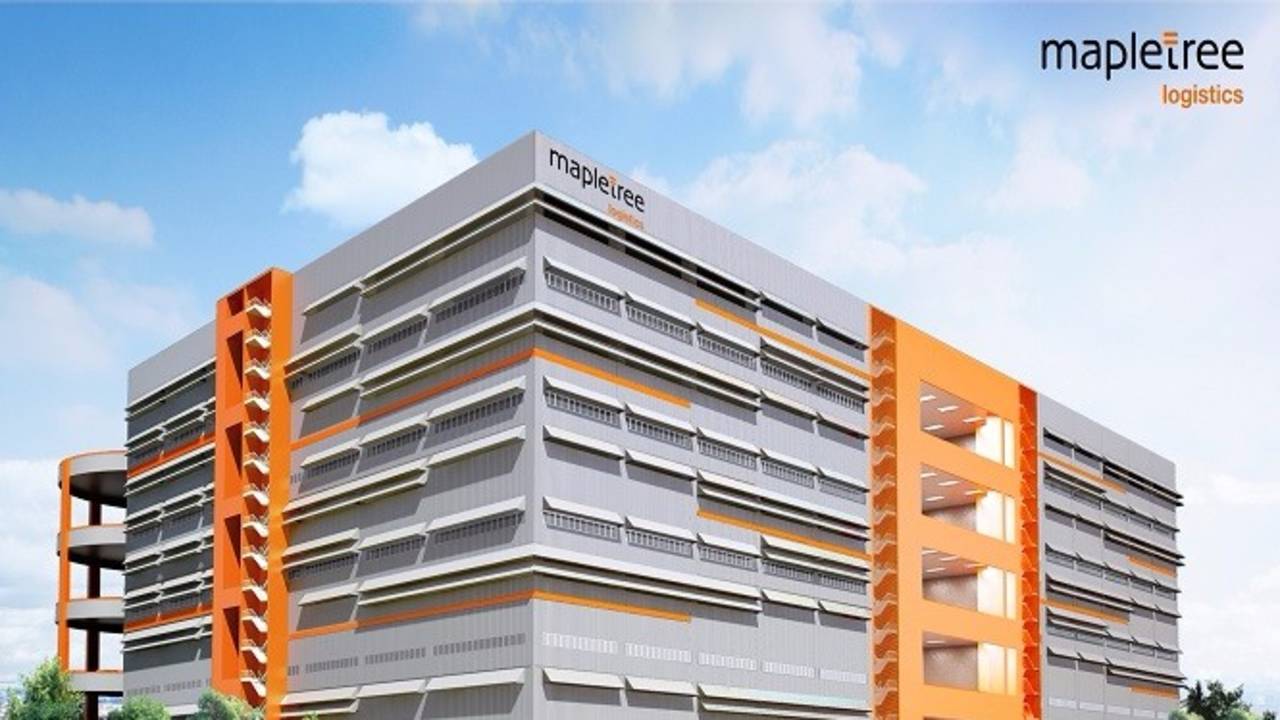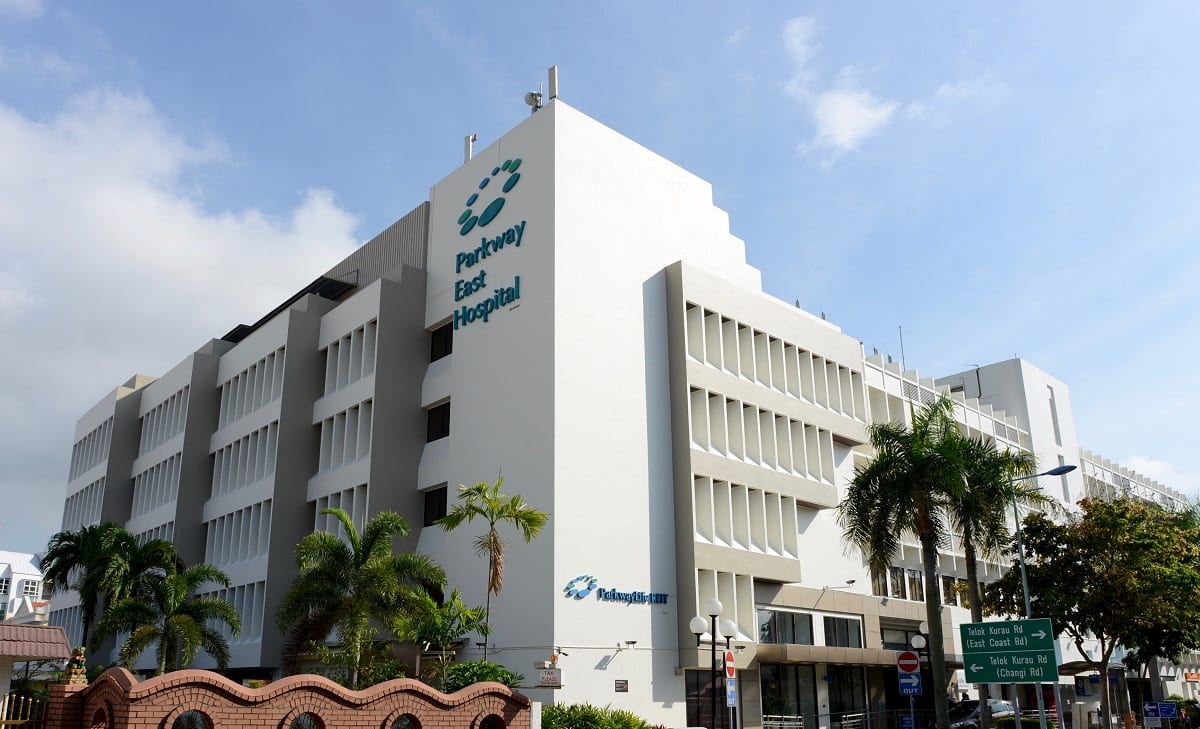On 26 July 2023, Keppel Infrastructure Trust (“KIT”) announced their 2023 half year result. This announcement showed the use of the equity fund raising in 2023Q2, which have helped to reduce gearing into a comfortable range. KIT seems on track to main the dividend payout and their income is sustainable to do so.
Worth noting that distributable income for the first half have also seen a significant increase when compared to the same period in 2022. However when comparing to 2023Q1, the distributable income for 2023Q2 quarter itself have seen a decrease, mainly due to a fall in distributable income from Ixom as they have undergone a strategic review and was only completed after the quarter end. Investors will need to take note of any material impact in 2023Q3.
Financial Statements And Related Announcement::Half Yearly Results
Photo source: https://www.kepinfratrust.com/
Background
KIT is the largest diversified business trust listed in Singapore. KIT’s portfolio comprises strategic businesses and assets in the three core segments of Energy Transition, Environmental Services, and Distribution & Storage. These businesses and assets provide essential products and services across a broad range of industries; and generate regular and resilient cash flows, with potential for growth that is supported by favorable long-term market dynamics and demand. This is in line with KIT’s long-term goal of delivering sustainable and growing returns to Unitholders, through a combination of recurring distributions and capital appreciation.
Keppel Infrastructure Fund Management Pte Ltd (“KIFM”) is the Trustee-Manager of KIT. KIFM is a wholly-owned subsidiary of Keppel Capital, a premier asset manager with a diversified portfolio in real estate, infrastructure, data centres and alternative assets in key global markets.
Keppel Infrastructure Holdings Pte. Ltd., a wholly-owned subsidiary of Keppel Corporation Limited, is the Sponsor of KIT.
The breakdown of their business are as follows:
- Energy Transition
- Environmental Services
- Distribution and Storage
The Energy Transition segment comprises of City Energy, Aramco Gas Pipelines Company, Keppel Merlimau Cogen Plant (“KMC”) which is a cycle gas turbine power plant, European Onshore Wind Platform and a 465MW German offshore wind farm (“BKR2”).
The Environmental Services segment comprises of Senoko Waste-to-Energy (“WTE”) Plant, Keppel Seghers Tuas WTE Plant, Keppel Seghers Ulu Pandan NEWater Plant, SingSpring Desalination Plant and Eco Management Korea Holdings Co., Ltd (“EMK”).
The Distribution and Storage segment comprises of Ixom and Philippine Coastal Storage & Pipeline Corporation.
Key Metrics
Distributable Income
| Metrics | Current | Previous |
|---|---|---|
| Distributable Income | +51.8% | +65.5% |
It was noted that distributable income have increased by 51.8% to SGD132.9 million for the first half of 2023 as compared to the same period in 2022. This was mainly due to the the following:
- City Energy with stronger performances
- Contributions by Aramco Gas Pipelines Company and BKR2, which were newly acquired and absent for the first half of 2022
This metric is Favorable as there is as improvement in the distributable income. The total distributions paid to unitholders of the Trust annually approximates around SGD190 million, and the distributable income is able to sustain the payout. Any excess distributable income would be ideal to pay down their debts or fund new acquisitions.
It is worth nothing that Ixom has a strategic review in 2023Q2 and subsequently announced a major refinancing. Investors should take note of its impact in 2023Q3.
Website: Blast from the past: Chemicals business Ixom back with $1b refinancing
Gearing Ratio
| Metrics | Current | Previous |
|---|---|---|
| Gearing Ratio | 38.5% | 42.5% |
Gearing ratio stands at 38.5% as at 30 June 2023 compared to 42.5% in the previous quarter. The decrease was mainly due to repayments using the proceeds from the equity fund raising in 2023Q2.
Although KIT are not subjected to the same gearing requirements as REITs, the MAS rule is a safeguard to prevent the REIT from being overleveraged, which will help to protect investors capital. Using the REIT benchmarks, the metric is considered Neutral.
Interest Coverage
| Metrics | Current | Previous |
|---|---|---|
| Interest Coverage | 1.6x | No Info |
If using the same computation as REITs (EBIT/net interest expense), as of 30 June 2023 the EBIT of the trust is SGD131 million while finance costs is SGD83 million for the first half of 2023. This translates to interest coverage of 1.6 times and thus there is insufficient interest coverage. So while they generate sufficient cash flows to pay the interest, profits are not sufficient to cover the interest expenses comfortably.
The overall metric is Unfavorable as the interest coverage is lower than my preference of 5.0 times and may worsen. The Federal Reserve on 25 August 2023 have announced that they may need to raise interest rates further to cool the still-too-high inflation, despite having increased the interest rates to a range between 5.00% and 5.25% on 26 July 2023, the highest level in 22 years.
Website: Fed’s Powell: higher rates may be needed, will move ‘carefully’
The sensitivity analysis using the information as at 30 June 2023:
| Description | Amount (SGD’000) |
|---|---|
| Total Debt | $2,500,000 |
| Debt Not Hedged (%) | 22.6% |
| Debt at Floating Rate Exposed | $565,000 |
| Distributable Income FY2022 | $222,493 |
Interest rate sensitivity analysis as below:
| Change in Interest Rates | Decrease in Distributable Income (SGD’000) | Change as % of 2022 Distribution |
|---|---|---|
| + 50 bps | -$2,825 | -1.3% |
| + 100 bps | -$5,650 | -2.5% |
| + 150 bps | -$8,475 | -3.8% |
| + 200 bps | -$11,300 | -5.1% |
| + 250 bps | -$14,125 | -6.3% |
| + 300 bps | -$16,950 | -7.6% |
Do note the above is my estimation which may be different from management’s estimation. Nonetheless, if the interest rates were to increase by the basis points above, KIT may experience a fall in distribution income accordingly.
Debt Maturity Profile
| Metrics | Current | Previous |
|---|---|---|
| Debt Maturity Profile | 2.8 years | 2.7 years |
Weighted average term to maturity of their debt stands at 2.8 years as at 30 June 2023. This is Favorable and it allows them sufficient time to refinance their debts as they fall due.
Price to Book Ratio
| Metrics | Current | Previous |
|---|---|---|
| Price to Book Ratio | 2.44 | 2.64 |
The Price to Book (“P/B”) ratio currently stands at 2.44. This is computed using the closing share price of SGD0.485 on 28 August 2023 and the net asset value per share of SGD0.199 as at 30 June 2023.
The P/B ratio is Unfavorable as there are other business trusts, such as CapitaLand India Trust (SGX: CY6U) and NetLink NBN Trust (SGX: CJLU), which have lower P/B ratios as at 28 August 2023.
Dividends
| Year | Yield | Total |
|---|---|---|
| 2023 | 7.92% | SGD 0.038 |
| 2022 | 7.90% | SGD 0.038 |
| 2021 | 7.67% | SGD 0.037 |
| 2020 | 5.75% | SGD 0.028 |
| 2019 | 7.67% | SGD 0.037 |
| 2018 | 7.67% | SGD 0.037 |
With the distribution for the calendar year 2023 of SGD0.0384 per share and closing share price of SGD0.485 as at 28 August 2023, this translates to a healthy 7.50% dividend yield and looks to be sustained in 2023.
Do note the difference in yield for 2020 was due to the their change in dividend payout policy from quarterly to semi-annually. There was thus no payout in September 2020. They have not missed their dividend payments since 2016.
For my benchmark, a general reasonable range would be around an average of 5.5% to 6.5% in the current environment, and KIT have been fairly consistent throughout the years within the expected range.
Website: Reasonable Dividend Yield 2023Q3
The dividend yield is Favorable.
Key things to note
Growing towards asset light
KIT has a wide range of plants and operations. By no means it is an asset light Company. However from an accounting point of view, they have been paying out dividends that are higher than their earnings. This is possible because of the high depreciation, which is a non-cash adjusting expense, resulting in high EBITDA as compared to profits.
For illustration purposes, imagine a scenario where you are in the business of car rental. The useful life of cars in Singapore companies are generally 10 years. This is due to the Certificate of Entitlement (“COE”) lasts only 10 years, and the value of the car is thus depreciated over its 10 years useful life. However, over the course of the 10 years, at the end of the useful life with the expiry of the COE, you will need to pay an equivalent amount to purchase a new car with a new 10 year COE. The new purchase would not be possible if you pay out dividends based on EBITDA and have no cash savings from the dividend expense.
What management is saying is that the assets of KIT do not have a high replacement cost at the end of its useful life. and the assets will still be able to continue to operate indefinitely. Thus they do not need to save money from the depreciation expense for a potential replacement of the assets.
The result is that the net asset value of the Company will continue to decrease as they continue to pay out the dividends sustained using EBITDA. Eventually if they would like to secure new financing, their balance sheet will seem to have insufficient assets to pledge as collateral for new borrowings.
Summary
| Metrics | Financials | Rating |
|---|---|---|
| Distributable Income | +51.8% | Favorable |
| Gearing Ratio | 38.5% | Neutral |
| Interest Coverage | 1.6x | Unfavorable |
| Debt Maturity Profile | 2.8 years | Favorable |
| Price to Book Ratio | 2.44 | Unfavorable |
| Overall | Neutral |
Overall, the fundamentals of KIT has improved although it is still in the neutral territory. It is a welcome sight to see KIT use the retained income to make accretive acquisitions or paydown their debt. Moving forward, there is expectation that they will continue to be able to improve their financials.
Gentle reminder that the financials and metrics are not similar to REITs. Investors will thus have to ensure that they are comfortable with how the financials operate, and I am of the view that it is appropriate given their type of assets.
Disclaimer: Not financial advice. All data and information provided on this site is for informational purposes only.
Previous Post
Website: Keppel Infrastructure Trust (SGX: A7RU): 2023 First Quarter Business Update



